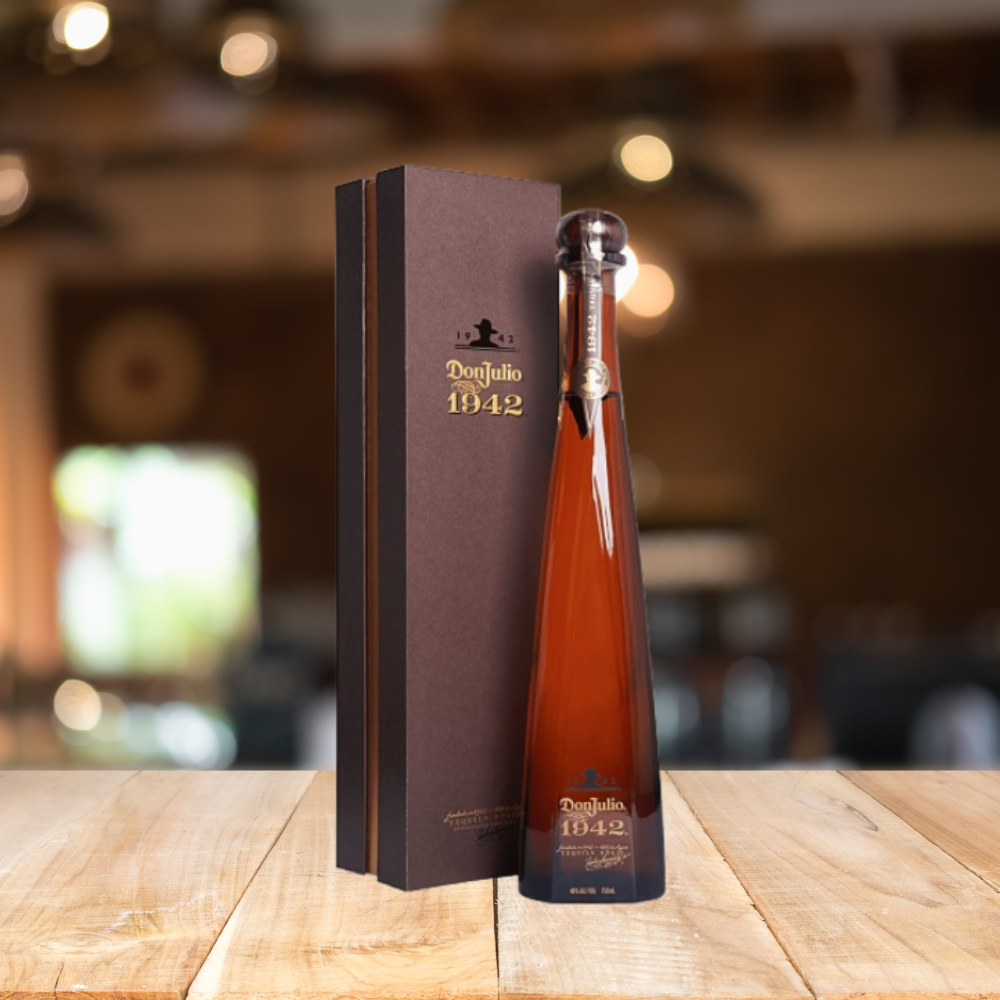Chris Brown's Night of Chaos: A Tequila-Fueled Tale of Celebrity Recklessness
Explore the latest saga of Chris Brown's controversial life as he faces legal troubles in Manchester over an alleged altercation, raising questions about celebrity culture, accountability, and personal introspection.

In the latest chapter of Chris Brown’s tumultuous narrative, the singer’s penchant for controversy takes center stage once again. Arrested in Manchester, England, he finds himself in hot water over an alleged altercation with music producer Abe Diaw. The incident, involving a glass of premium Don Julio 1942 tequila, has become the latest symbol of the precarious tightrope that celebrities often walk between artistic genius and personal downfall.

Brown’s legal troubles seem to be etched in the annals of modern pop culture—an inextricable part of his public persona. This time, however, the drama was reportedly fueled by a heated moment that escalated beyond control. A bottle became a weapon, and an evening of revelry turned into a declaration of chaos.

Yet, this isn’t merely a tale of assault and misdemeanor. It is a glaring example of the disconnect between celebrity influence and responsible conduct, emphasizing a cyclic pattern of behavior that demands introspection. The singer’s history is peppered with headlines that blur the line between rebellious art and reckless reality—a narrative that perhaps too often strays into the latter.
For Brown, whose career boasts undeniable talent, this episode yet again poses the question of whether it’s possible for celebrity culture to reconcile its adoration for artistic merit with its accountability for personal actions. Can the public separate the art from the artist, or does the two converge in a way that makes such instances inevitable?

With litigation looming and a public eagerly awaiting the courtroom drama, Brown faces a familiar crossroad. It’s a moment that could spark genuine self-reflection and transformation. However, the cyclical nature of his controversies suggests a possibility of more of the same—a predictable pattern in the unpredictable world of celebrity.
Through the cracked glass of public perception, this saga serves as a stark reminder. We’re often more absorbed by the spectacles created by celebrity meltdowns than by the artistry they purportedly offer. The headlines that decorate Brown’s career are perhaps less about his musical prowess and more about the fascination with the fallibility of those who dwell in the limelight.
As this latest drama unfolds, it becomes essential for both Brown and his audience to question the boundaries of fame. It’s an opportunity to choose between perpetuating the cycle of infamy or seeking a narrative rooted in responsibility and introspection. The choice is as much ours to influence as it is his to make.




